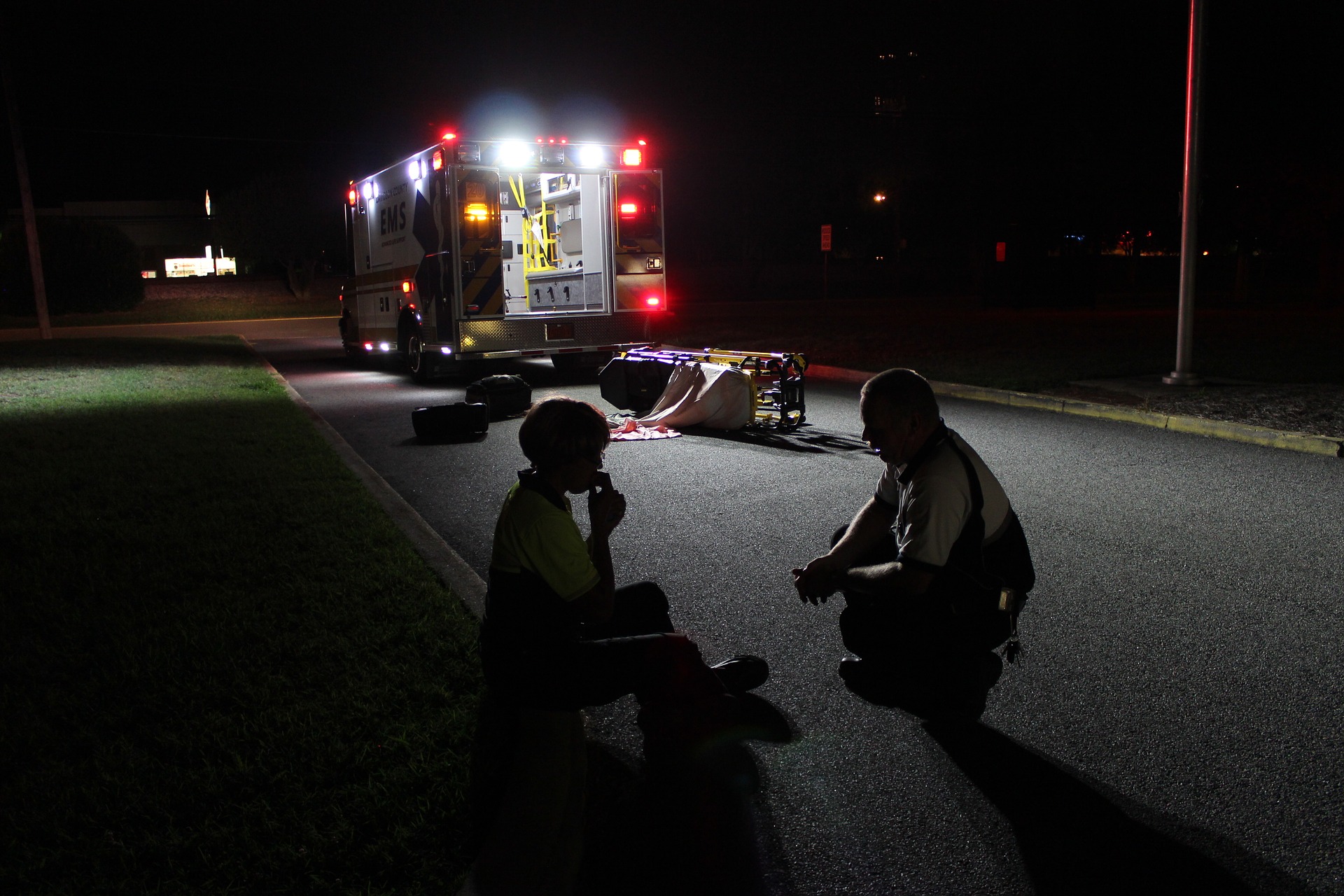Trauma & PTSD Therapy

Trauma is when we experience or witness something difficult that feels like it stays with us, changing us forever. A lot of things can bring on this kind of emotional injury, including a car accident, being victim of a crime, sexual assault, or experiences in high-stress jobs such as military service or as a first responder. While it's normal to struggle in the first few days after a difficult experience, once trauma symptoms have been present for over a month, they are unlikely to heal without professional help.
Have you been bothered with:
- Repeated, disturbing, and unwanted memories of a stressful experience?
- Trying to avoid thoughts, feelings, or physical sensations that reminded you of a stressful experience?
- Having a very negative emotional state (for example, you were experiencing lots of fear, anger, guilt, shame, or horror) after a stressful experience?
- Being “super alert,” on guard, or constantly on the lookout for danger?
- Feeling jumpy or easily startled when you hear an unexpected noise?
If you answered "yes" to two or more of these questions, it may be a good idea to follow up with a mental health professional.
Learn more about PTSD:
These videos are generously provided by the National Center for PTSD.
Getting Help:
It takes a lot of courage to ask for help for PTSD, but many people who do will end up feeling glad that they did! Trauma/PTSD is treatable, and most people make significant gains.
Tom has helped numerous first-responders, accident survivors, and crime victims, having once been a core PTSD treatment provider in a Traumatic Psychological Injury Program for Red Deer/Central Alberta. In addition, reading materials are available in English, Polish, Simplified Chinese, and even for clients' spouses and children, to help everyone be on the same page with treating PTSD.
Ready to take the next step?
Ask about Trauma therapy.
